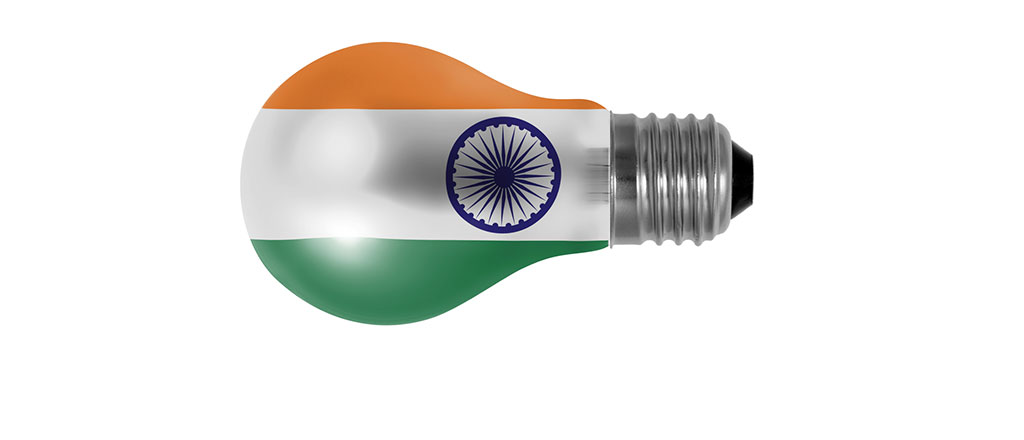India has a rich history of scientific achievements and innovations, and Indians have made significant contributions to various fields of science. Every year, on November 10, the world celebrates World Science Day for Peace and Development. This day serves as a reminder of the critical role that science plays in fostering peace and sustainable development across the globe. India, with its rich scientific heritage, has made enduring contributions to these global efforts, shaping the world’s scientific landscape with groundbreaking innovations, discoveries, and dedication to harnessing science for the betterment of society.
Some of the most prominent scientific innovations and contributions by Indians include:
Zero (0) and Decimal System
India’s journey in the realm of science dates back to ancient times. Indian scholars, including Aryabhata and Brahmagupta, contributed to mathematics and astronomy, inventing the concept of zero, the decimal system, and planetary models that still guide our understanding of the cosmos. Today, India continues to uphold this tradition, with its space agency, the Indian Space Research Organisation (ISRO), making strides in space technology and exploration showcasing India’s capability to explore the mysteries of our universe.
Discoveries and Developments
Sir C. V. Raman’s discovery of the Raman Effect in 1928 earned him the Nobel Prize in Physics. It revolutionised the field of spectroscopy and is still widely used in scientific research. Theoretical physicist Satyendra Nath Bose collaborated with Albert Einstein to develop Bose-Einstein statistics, which laid the groundwork for the theory of quantum mechanics. Indian scientist M.S. Swaminathan played a pivotal role in the Green Revolution, transforming agricultural practices and significantly increasing crop yields.
Nuclear Energy
India’s contribution to nuclear science has been profound. The successful nuclear tests at Pokhran in 1998 demonstrated the nation’s prowess in nuclear technology. Importantly, India has always maintained a commitment to peaceful uses of nuclear energy, utilising it for electricity generation, cancer treatment, and food preservation through irradiation.
Clean Energy Innovations
India is a pioneer in renewable energy, particularly solar and wind power. The world’s largest solar power projects, such as the Kamuthi Solar Power Project in Tamil Nadu are established here. India also launched the International Solar Alliance (ISA) to promote solar energy cooperation among solar-rich countries. The country is making significant strides in harnessing clean energy sources, as demonstrated by the massive solar parks, innovative rooftop solar solutions, and advancements in wind turbine technology. India has been developing biofuels and bioethanol derived from sugarcane and other renewable sources, reducing the reliance on fossil fuels. These contributions are not only reducing India’s carbon footprint but are also leading the way for other nations.
Affordable Healthcare Solutions
Indian pharmaceutical companies have gained global recognition for producing high-quality, affordable medicines earning the reputation of being the ‘pharmacy of the world’. It is the largest global vaccine manufacturing hub, supplying more than 60 percent of the world’s vaccines. Indian manufacturers export low-cost, quality-assured vaccines to over 170 countries. These contributions to healthcare help make vital treatments accessible to populations worldwide, addressing health disparities and advancing the goal of global health equity.
Space Diplomacy and International Collaboration
India’s commitment to science for peace and development extends to diplomacy. The country actively collaborates with international partners on various scientific missions, such as Chandrayaan-2 (lunar exploration), demonstrating its willingness to share knowledge and resources for the betterment of humanity. The successful mission to Mars made it the 4th space agency in the world to reach the Red Planet, demonstrating India’s space capabilities.
Genome Sequencing
India has a strong emphasis on promoting scientific research and education. Premier research institutions like the Indian Institutes of Technology (IITs) and the Indian Institutes of Science Education and Research (IISERs) nurture young talent, encouraging the next generation of scientists and innovators. Indian scientists have been actively involved in genome sequencing and research, contributing to advancements in understanding human genetics.
Through its rich heritage, modern advancements, and dedication to harnessing science for the welfare of humanity, India continues to make significant contributions to the world of science, peace, and sustainable development. As the nation propels itself forward, its scientific innovations are not just shaping the future of India but also contributing to a more peaceful and prosperous world for all. On World Science Day for Peace and Development, it is important to recognise India’s unwavering commitment to contributing to global scientific endeavours.

